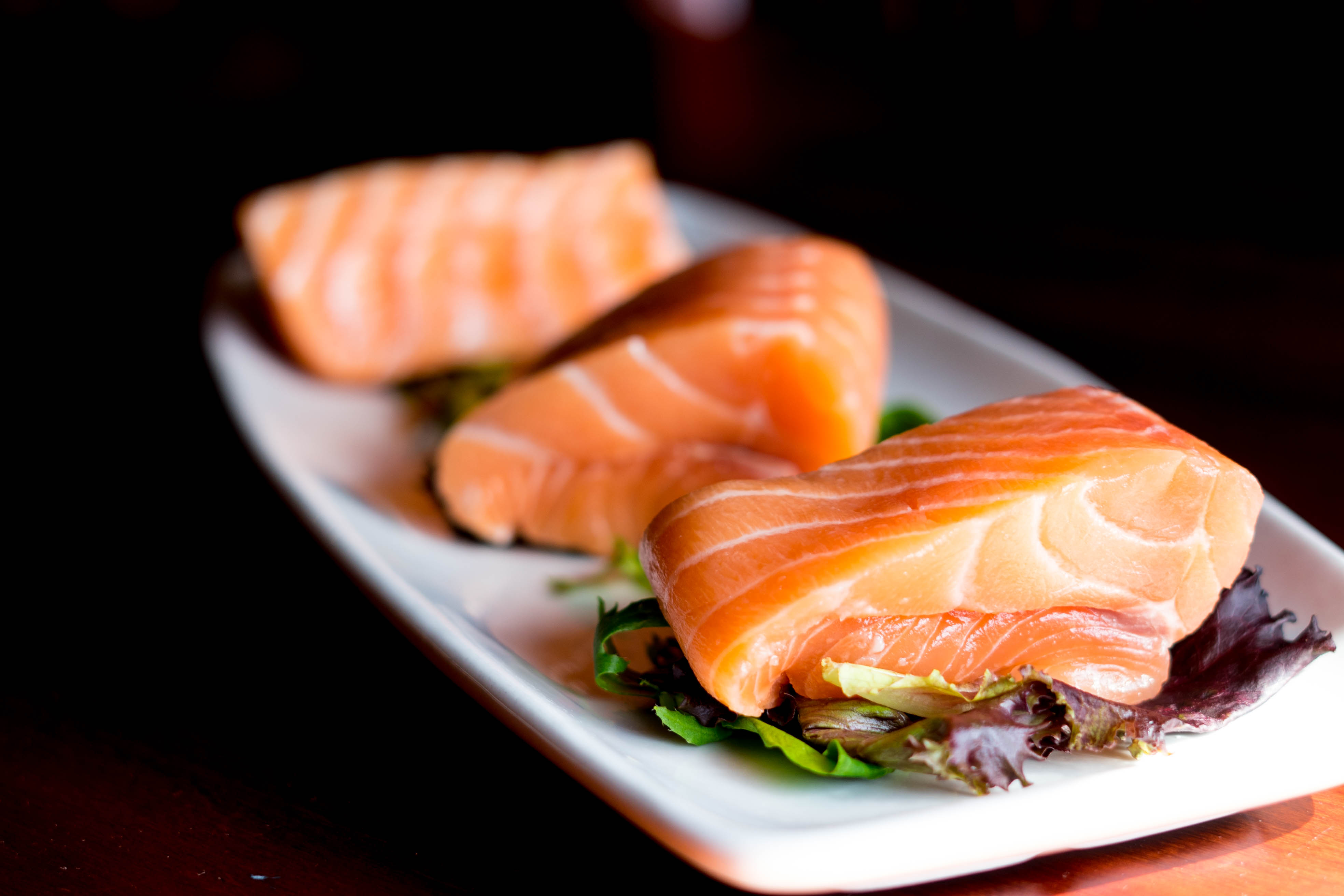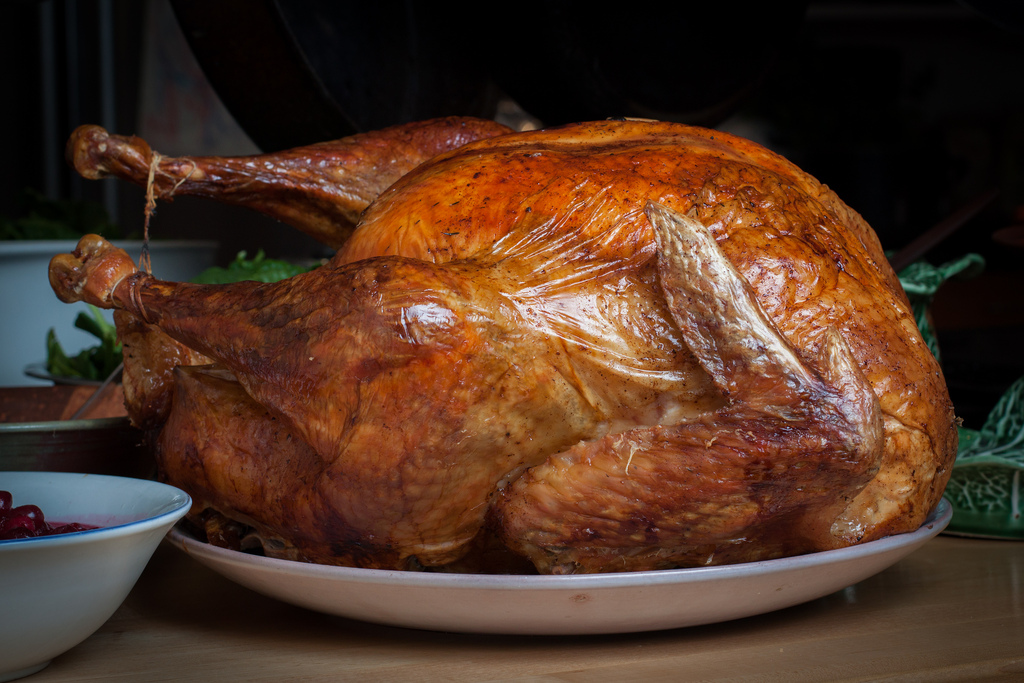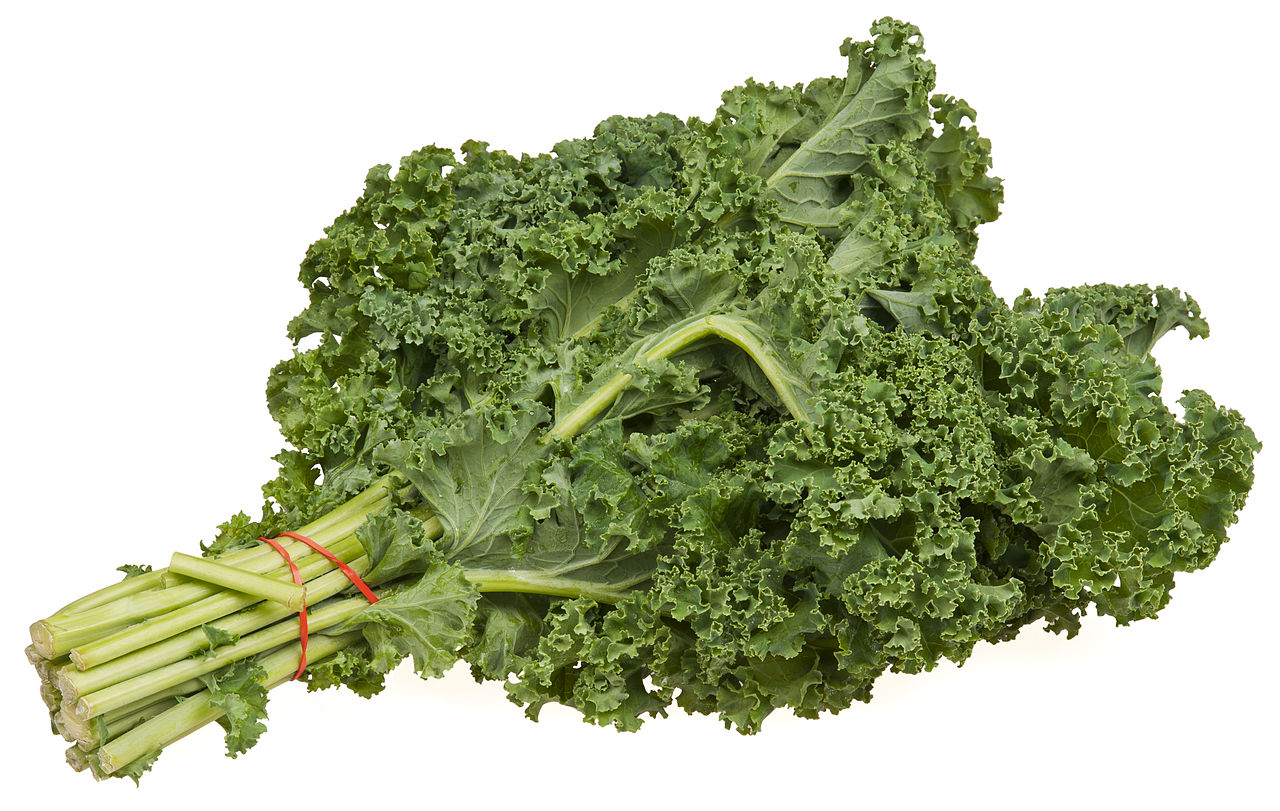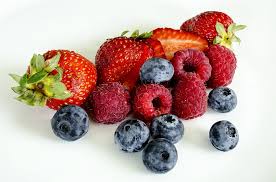Nutrition for those Winter Blues

Seasonal Affective Disorder is a real thing and it affects many people this time of year. According to the Mayo Clinic, “Seasonal affective disorder (SAD) is a type of depression that's related to changes in seasons — SAD begins and ends at about the same times every year. If you're like most people with SAD, your symptoms start in the fall and continue into the winter months, zapping your energy and making you feel moody.” The article goes on to explain that the symptoms of SAD include losing interest in activities you enjoy, low energy, problems sleeping, changes in weight or appetite, feeling agitated, difficulty concentrating, and a general sense of hopelessness. Treatment for SAD is different for everyone, but can include light therapy, psychotherapy, medication, and exercise.
I have recently done some research on nutrition and the role it can play in helping treat depression. I am not a doctor, and I do not claim to know if any or all of these dietary suggestions are effective in treating depression. I am simply offering some ideas that have helped some people, and may help others who are dealing with SAD. The great thing about nutrition is that whether or not it helps in the treatment of depression, it certainly can’t hurt our bodies to eat a little healthier. Here are some good-mood-foods that you may want to incorporate into your diet if you struggle with SAD.
Fatty Fish – Salmon, for example, contains large amounts of Omega-3 fatty acids. Omega-3s are essential for healthy brain development and function.

Turkey – Turkey is one of the greatest sources of the chemical tryptophan. Tryptophan can stimulate serotonin production in your body, which is the “feel-good” chemical. Low serotonin levels have been linked to depression.

Milk – Milk contains a lot of Vitamin D, “the sunshine vitamin.” If you can’t get out and get your sunshine in the winter time, you may need to drink a little extra milk or take a vitamin D supplement.

Leafy Green Vegetables – Leafy green vegetables such as spinach or kale have lots of B vitamins. B vitamins are important for the nervous system to function. They also help with the production of serotonin in the body. Nutrient-dense, leafy greens are also important to controlling inflammation in the body. Some studies have linked depression to inflammation in the brain.

Berries – Berries are rich in anti-oxidants. Anti-oxidants are helpful in treating depression because they repair damaged cells in the body. They also can protect us from illness.

In a general sense, it is important to remember that eating a nutritious, well-balanced diet of whole foods, will aid our body in fighting whatever disease comes our way, whether it be mental or physical. It is also just as important to remember that eating unhealthy foods like sugar and overly-processed food, will make it harder for our bodies to heal.
I would love to hear from some of our readers who may experience SAD or other types of depression. Has eating nutritiously helped you? Are there certain foods that make a difference in how you feel?
Thanks for reading! I hope you find this article helpful.
- https://www.mayoclinic.org/diseases-conditions/seasonal-affective-disorder/symptoms-causes/syc-2036465
- https://www.precisionnutrition.com/how-to-fight-depression-naturally-with-nutrition
- https://www.everydayhealth.com/depression-pictures/8-foods-that-fight-depression.aspx
- https://www.everydayhealth.com/columns/therese-borchard-sanity-break/foods-eat-every-day-beat-depression/
- https://www.livestrong.com/article/22253-foods-high-b-vitamins/
- https://www.bodyandsoul.com.au/nutrition/nutrition-tips/eat-away-depression/news-story/d223f840f4fdc37cf78717b6d7cac6e2
 Cristina Duke
Cristina Duke
Monthly Newsletter Contributor since 2014
Email the author! cristina@dvo.com
